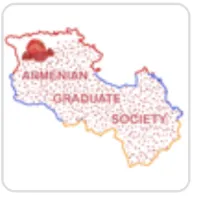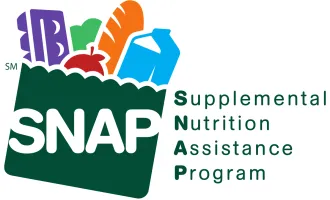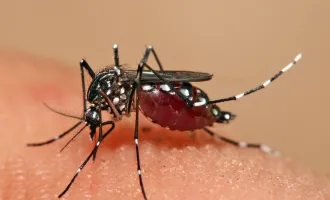
Child at home in Artsakh with intermittent electricity due to regional blockade by Azerbaijan.
Photo by David Ghahramanyan.
Artsakh Under Siege: A Humanitarian Crisis
It’s the middle of winter and you are cut off from the world. There is no electricity or gas. The freezing temperatures are creeping into your home. Food is running out, essential medications are limited, and the eerie feeling of another war is lingering in the background. This is the reality for many Armenians, including Yana’s family in Artsakh, who have been under siege from Azerbaijan for over 75 days.
Artsakh is home to 150,000 ethnic Armenians, of whom 30,000 are children and another 30,000 have been displaced in recent years. The Lachin Corridor, the only road connecting Artsakh (Nagorno-Karabakh) to Armenia and the rest of the world, has been blocked by Azerbaijan since December 12, 2022, isolating the population from food and other resources, including medicine.
Additionally, gas and electricity have been intermittently cut off to starve people from basic needs. Lack of safety perpetuated by Azeri forces is another reality that threatens their existence.
Genocide Watch, an international NGO that raises awareness of potential and actual genocide, stated, “The present blockade [of Artsakh] is designed to deliberately inflict conditions of life calculated to bring about the end of a national, ethnical, racial or religious group in whole or in part.”
To understand how this humanitarian crisis has impacted the region, we interviewed Yana, a native from Stepanakert, the capital of Artsakh. She graduated from Yerevan State University with a Master of Law and is now working on a master’s degree in International Law in the U.S. Little did she know when she entered the U.S. in September 2022, going back home to visit her family again for the holidays would be impossible.
Stories from loved ones relay the hardships that her friends and family face back home. In the face of limited basic necessities, Yana mentioned that her mother’s traditional winter food preservation was the reason her family was able to endure these conditions. Access to the region is strictly prohibited, separating children from their families, and limiting transfer of critically ill patients. All Yana can do is send words of encouragement to her family members and hope that the world acts to end the unjust oppression of her people.
Apart from the blockade’s impact on daily life, there is enormous pressure on the health system. Artsakh’s hospitals do not have the capacity to manage severe health conditions, placing critically ill patients at risk. Additionally, with the unofficial embargo of goods, medicines have become limited.
The International Committee of the Red Cross (ICRC) is the sole organization that has been requested to transfer those with critical conditions to medical centers outside of the region. As of February 28, 2023, ICRC has transferred 139 critically ill patients to Armenia. They are also responsible for supplying the region with essential medications. Though this has created a lifeline, it is clear that the best solution is to not wait until patients are too ill to be treated locally, but rather to remove the blockade and cease withholding access to care.
As fellow students and future clinicians/scientists, the impact this blockade has on access to healthcare naturally draws our attention. For the first month of the blockade, hospitals had been unable to transfer critically ill patients to areas with more resources for better care. Those with chronic illnesses, such as diabetes, have had to resort to rationing life-saving medications like insulin to survive.
At a world class institution like UCSF, where we are devoted to scientific progress and excellent patient care, it is crucial to be aware of humanitarian crises around the world. The values and compassion that drive us to improve the lives of others in our daily work should also empower us to raise our voices against acts that strip people of basic human rights and access to medical care.
You can help by sending letters to your legislators through the Armenian National Committee of America (ANCA) platform. ANCA is a grassroots organization in the U.S that actively advances the concerns of the Armenian American community. These pre-written letters are aimed to raise awareness about the issues in Artsakh.
The Armenian Graduate Society pleads with you to take action in raising our collective student voice to Congress to condemn the Azerbaijani blockade of Artsakh before more harm comes to innocent civilians in the region. Help ensure that Yana’s family can live in their lands. Help to prevent another genocide of the Armenian people.



